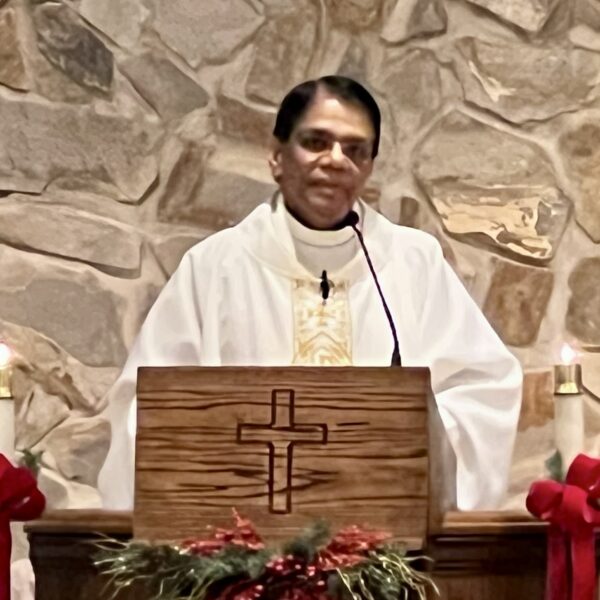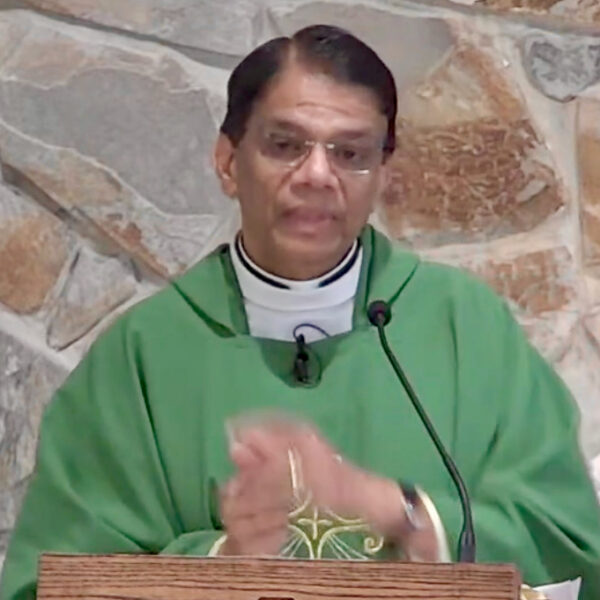A King to Behold
An “epiphany” is an appearance. In today’s readings, with their rising stars, splendorous lights, and mysteries revealed, the face of the child born on Christmas day appears.
Herod, in today’s Gospel, asks the chief priests and scribes where the Messiah is to be born. The answer Matthew puts on their lips says much more, combining two strands of the Old Testament promise—one revealing the Messiah to be from the line of David, the other predicting “a ruler of Israel” who will “shepherd his flock” and whose “greatness shall reach to the ends of the earth.”
Those promises of Israel’s king ruling the nations resound also in today’s Psalm. The psalm celebrates David’s son, Solomon. His kingdom, we sing, will stretch “to the ends of the earth,” and the world’s kings will pay him homage. That’s the scene, too, in today’s First Reading, as nations stream from the East, bearing “gold and frankincense” for Israel’s king.
The Magi’s pilgrimage in today’s Gospel marks the fulfillment of God’s promises. The Magi, probably Persian astrologers, are following the star that Balaam predicted would rise along with the ruler’s staff over the house of Jacob. Laden with gold and spices, their journey evokes those made to Solomon by the Queen of Sheba and the “kings of the earth.” Interestingly, the only other places where frankincense and myrrh are mentioned together are in songs about Solomon. One greater than Solomon is here. He has come to reveal that all peoples are “coheirs” of the royal family of Israel, as today’s Epistle teaches.
St. John Chrysostom, an important Early Church Father who served as Archbishop of Constantinople, explains the significance of the star of Bethlehem this way: “Note how fitting was the order of events: the wise men saw the star, were received by the Jews and their king; they heard prophecy to explain what had appeared; the angel instructed them; and then they journeyed from Jerusalem to Bethlehem by the guidance of the star. From all this we learn that this was not an ordinary star, for no other star has this capacity to guide, not merely to move but to beckon, to ‘go before them,’ drawing and guiding them along their way. The star remained after bringing them to the place, in order that the child might also be seen. For there is nothing conspicuous about the place. The inn was ordinary. The mother was not celebrated or notable. The star was needed to manifest and illumine the lowly place, until they had reached their destination at the manger.”
We do have a star now which leads us to Jesus, that is “The Holy Bible.” Follow it, read and meditate every day on a passage from it, then we will also reach Jesus Christ Himself. The Bible is our daily guiding Star to reach Him.
Love and prayers,
Fr. Charley

